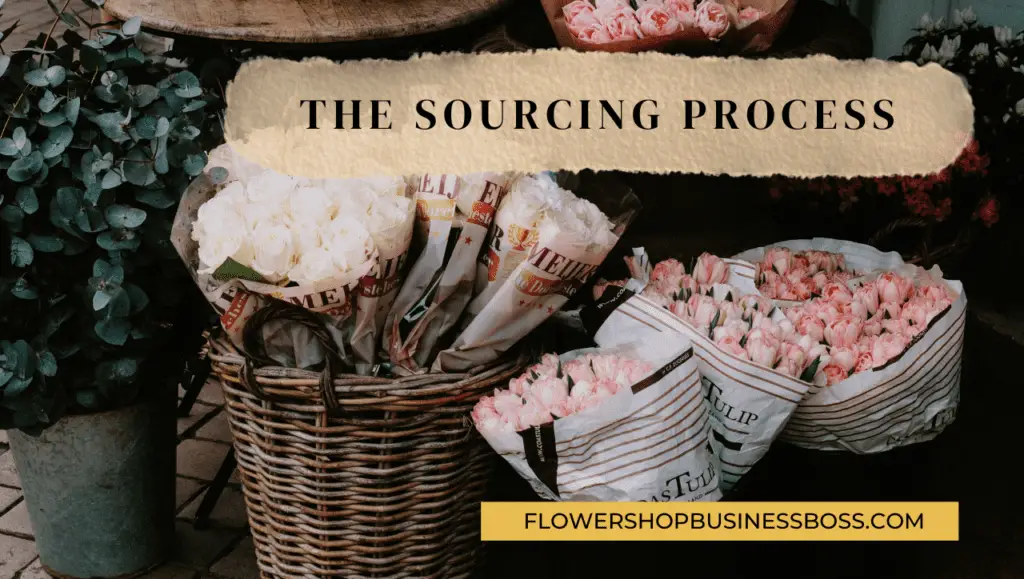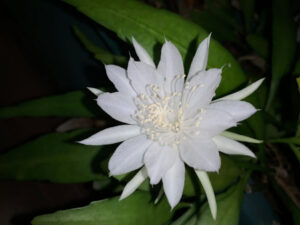What Is a Flower Shop Called? Understanding the Different Names for Flower Shops
Flower shops have been an integral part of human culture, serving not just as retail outlets but as bastions of creativity and emotion. They are known by various names across different regions and contexts, each reflecting a unique aspect of the floral business. In this exploration, we will delve into the common terminology used for these establishments, providing an enlightening overview of the nomenclature surrounding flower shops.
A Blooming Term: The Flower Shop
At its simplest, the term “flower shop” is widely recognized and understood. This designation implies a place dedicated to the sale of flowers and related products. Flower shops typically offer a diverse selection of fresh-cut blooms, potted plants, and floral arrangements. This name is straightforward and effectively communicates the primary function of the establishment.
Some flower shops focus on seasonal blooms, while others specialize in exotic varieties sourced from worldwide locales. Regardless of focus, the flower shop remains a beloved destination for those seeking beauty and inspiration.
Encompassing Elegance: Florist and Floral Boutique
The title “florist” is another prevalent term in the industry. It denotes not only the shop itself but also the skilled artisans who curate floral arrangements. A florist is often perceived as a professional with expertise in both the aesthetic and technical aspects of flower arrangement, making this term particularly respected within the community.
On the other hand, the phrase “floral boutique” conjures images of an upscale, niche flower shop that prioritizes personalized service and unique designs. Floral boutiques may offer bespoke arrangements tailored to individual customers’ preferences, making them an appealing choice for special occasions such as weddings, anniversaries, or corporate events.
Both of these terms—florist and floral boutique—carry with them an air of sophistication that elevates the perception of the establishment beyond mere retail transactions.
Local Charm: Flower Stand and Market
For those in urban or suburban areas, “flower stand” and “flower market” are common terms used to describe places selling flowers, often in an open-air or more casual setting. A flower stand generally refers to a smaller, often temporary set-up where vendors sell flowers directly to customers. These stands can frequently be found at farmers’ markets, roadside stalls, or pop-up events, featuring locally sourced blooms that resonate with community members.
Conversely, a flower market refers to a larger venue, often containing multiple vendors selling a wide variety of flowers, plants, and floral supplies. Flower markets serve a vital role in connecting wholesale suppliers with retail florists. They act as hubs of activity for those engaged in the floral industry and can attract customers ranging from professional florists to casual enthusiasts.
Cultural Significance: The Florarium and Eco-Flora
As environmental awareness grows, terms like “florarium” and “eco-flora” have emerged to describe flower shops that embrace sustainable practices. A florarium is often characterized by its focus on living arrangements, such as terrariums or ecosystems that feature plants alongside decorative elements, combining artistry with botany.
Eco-flora shops prioritize environmental stewardship, featuring organic blooms, locally sourced materials, and low-impact practices. These establishments often provide educational resources to raise awareness about sustainable flower sourcing, making them appealing to eco-conscious consumers.
By adopting such terminology, these shops not only distinguish themselves but also contribute to a broader conversation about sustainability in the floral industry.
Specialized Names for Niche Markets
Within the realm of flower shops, several specialized establishments cater to unique audiences or needs. Terms like “wedding florist” or “event floral designer” indicate a focus on specific types of events. These professionals invest considerable time and artistry into creating cohesive designs that align with a client’s vision, often resulting in intricate floral decor that enhances the overall ambiance of an occasion.
“Funeral home florist” is another term that arises in these discussions, representing florists who specialize in arrangements intended for commemorative purposes. The delicacy and sensitivity of these creations require a unique understanding of both aesthetic preferences and the emotional weight of the occasion.
A Rising Trend: Online Flower Shops
In today’s digital age, online flower shops have become increasingly prevalent. The convenience of ordering flowers online has led to the emergence of terms such as “web florist” or “e-commerce flower shop.” These terms reflect the thriving market of online retailers, which provide customers with the opportunity to shop for flowers from the comfort of their homes. The ability to deliver fresh arrangements directly to recipients has revolutionized the way people experience floral gifting.
These online platforms often feature expansive catalogs, allowing customers to browse an array of choices, from classic arrangements to contemporary designs. Such accessibility expands the reach of the floral industry, catering to those who may have limited access to traditional brick-and-mortar shops.
Conclusion: A Petal of Terminology
The diversity of names for flower shops reflects not only the variety of services offered but also the cultural, environmental, and technological contexts in which these businesses operate. Whether you call it a florist, floral boutique, flower stand, or online shop, each term carries with it rich connotations and denotes a commitment to the art of floristry. Ultimately, the essence of a flower shop transcends its name, embodying beauty, emotion, and the celebration of life’s moments.




Leave a Comment